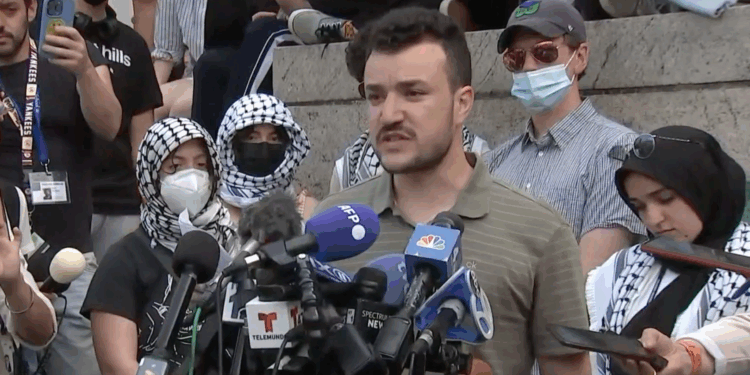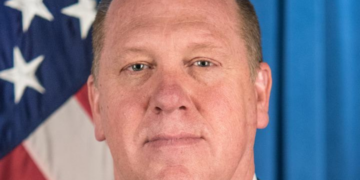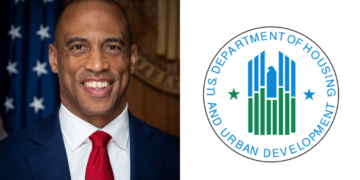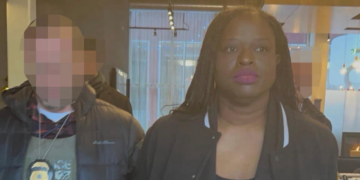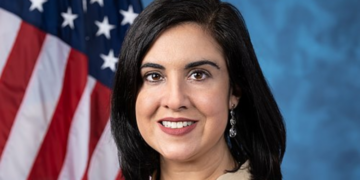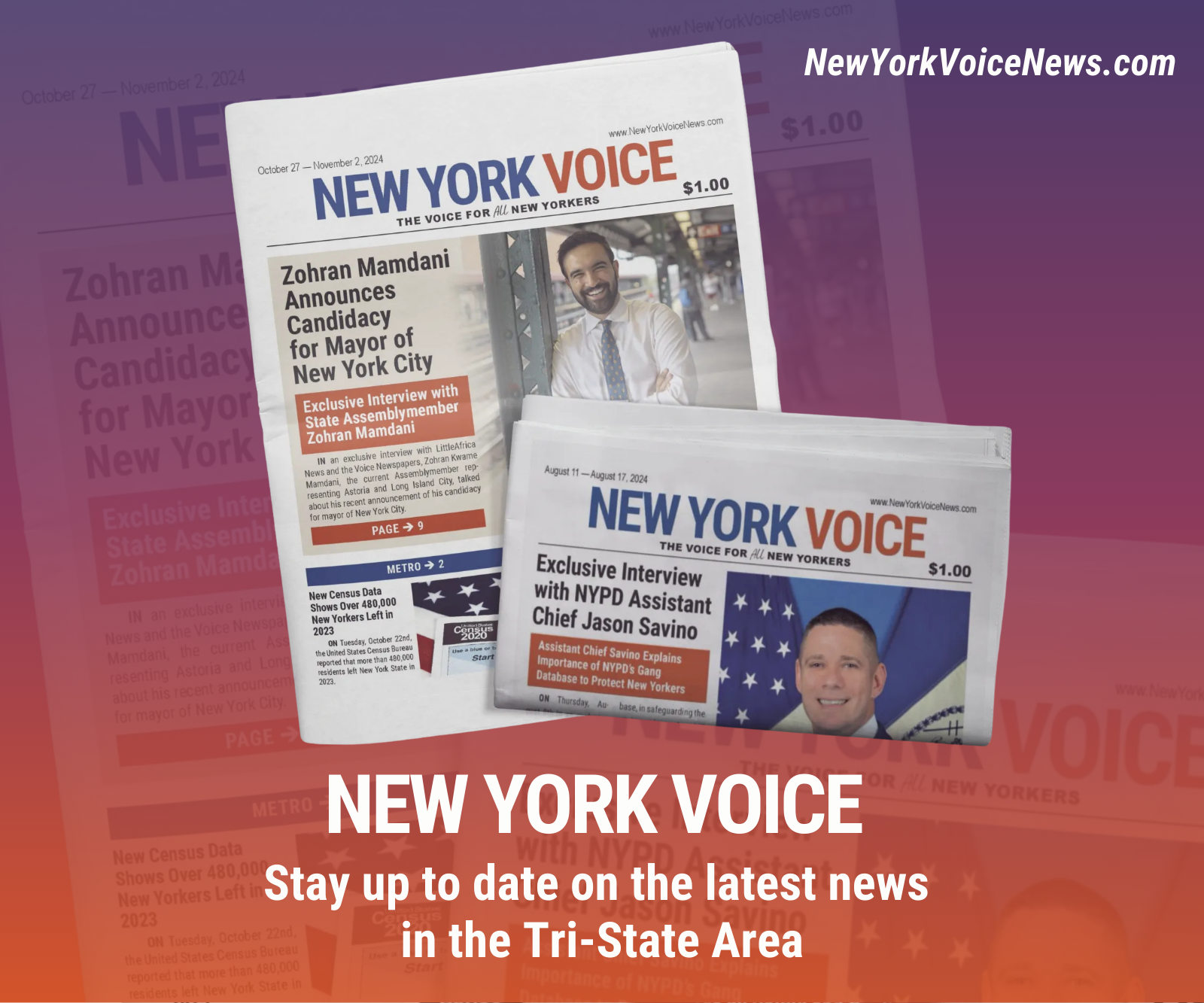A federal judge has ruled that Mahmoud Khalil, a Columbia University graduate and activist, will remain in Immigration and Customs Enforcement (ICE) custody while his green card application undergoes legal review due to alleged misstatements.
Judge Michael Farbiarz, presiding in New Jersey, denied Khalil’s request for immediate release on Friday, June 13th, determining that the government’s grounds for detention centered on claims of immigration fraud were legally valid. The case stems from allegations that Khalil, a lawful permanent resident, failed to fully disclose past ties to the United Nations Relief and Works Agency (UNRWA) and omitted details about his prior employment with the British Embassy in Beirut.
Khalil was arrested in March after organizing pro-Palestinian demonstrations on Columbia’s campus. While no criminal charges have been filed, his detention has raised concerns among legal experts and civil rights advocates, many of whom view the case as politically motivated.
Federal authorities argue that Khalil misrepresented material facts during his residency application, including his internship with UNRWA—a group that has faced unsubstantiated allegations of terrorist affiliations. Khalil’s attorneys maintain that his role with UNRWA was limited to a student internship and that all dates and job descriptions in his immigration paperwork are accurate.
Judge Farbiarz acknowledged that fraud-based detentions are uncommon in immigration cases but affirmed that the legal threshold had been met in this instance. He advised Khalil’s team to seek relief through the immigration court system.
The American Civil Liberties Union (ACLU) criticized the decision, with attorney Brett Max Kaufman calling it a delay of justice and a punishment for political expression. A habeas corpus petition challenging the constitutionality of Khalil’s detention is pending.
Meanwhile, Khalil remains held in a Louisiana ICE facility, separated from his American wife and newborn child. Requests to move him closer to his family have been denied, drawing further scrutiny from immigrant rights groups. His arrest has become emblematic of heightened tensions surrounding pro-Palestinian activism on college campuses and may signal broader implications for First Amendment protections in immigration enforcement.




